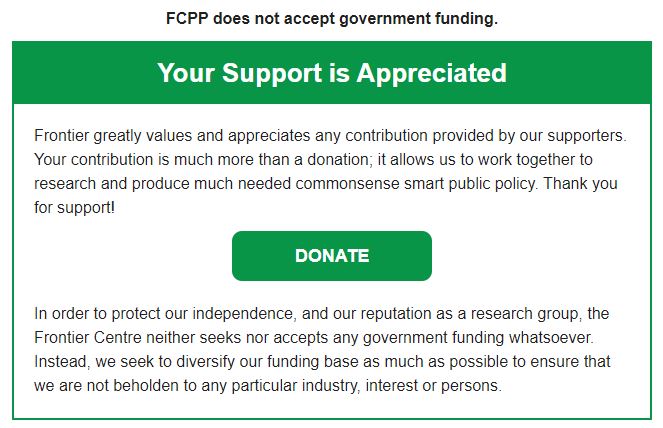The federal government has announced that it intends to promote the French language more aggressively throughout the country. A document entitled “English and French: Towards the substantive equality of official languages in Canada,” lays out 50 proposals to buttress the use of a French language that is said to be under threat.
One of the proposals is that all Supreme Court justices must be able to conduct all hearings in the French language without the use of interpreters. This would change the current exemption under the Official Languages Act that allows judges who are not fully bilingual to have access to interpreters.
Here is how the minister of Official Languages states her case for removing the current exemption: “Let’s all be clear here: If you’re a judge in a superior court across the country, you have access to free French classes. So, if you want to become bilingual, you can actually become bilingual if that’s a priority for you because you want to become a Supreme Court justice.”
And the minister is correct when she says that superior court judges all have access to free French language training. Many anglophone judges are working right now with their tutors to become bilingual. Some learn faster than others; some work harder than others. But the reality is that few will attain the level of proficiency in the French language that will allow them to competently handle trials or other hearings entirely in French.
Why is this?
This anecdote might help explain why. I knew a hard-working and conscientious judge who took his French language training very seriously. As a prairie boy, he had only his high school French to help him and that wasn’t much. Despite that, he worked diligently with his tutor, until the day his tutor told him that he was functionally bilingual. The judge announced that he was now ready to conduct his first trial in French.
 The results were disappointing. The francophone lawyers conducting the case took the judge aside and explained that simply being functionally bilingual wasn’t enough. Conducting a trial or appeal entirely in French requires a whole new level of competency. Even though the judge was able to speak, read and write French adequately, he was not nearly at a level that would allow him to competently hear cases in French. So, in English he was a very good judge, but in French he was mediocre at best. He is not the only judge this has happened to. I don’t blame the francophone lawyers; they shouldn’t have to settle for “mediocre.”
The results were disappointing. The francophone lawyers conducting the case took the judge aside and explained that simply being functionally bilingual wasn’t enough. Conducting a trial or appeal entirely in French requires a whole new level of competency. Even though the judge was able to speak, read and write French adequately, he was not nearly at a level that would allow him to competently hear cases in French. So, in English he was a very good judge, but in French he was mediocre at best. He is not the only judge this has happened to. I don’t blame the francophone lawyers; they shouldn’t have to settle for “mediocre.”
So, the requirement that a judge at the Supreme Court level is not able to use interpreting services would probably make the job unavailable for the vast majority of anglophone judges. I suggest that this would be an unhealthy development.
The Supreme Court is a vital institution. We want only the best and most qualified judges there. To get them, we must not limit the pool of qualified candidates by imposing unreasonable language requirements. So, quite apart from the constitutional issues raised by the minister’s rather cavalier announced intention to remove the act’s exemption, it would be both impractical and unwise to do so.
The bilingual requirements for the federal civil service have already largely excluded anglophones from senior civil service positions. This exclusivity should not be extended to our highest court.
Brian Giesbrecht, retired judge, is a senior fellow at the Frontier Centre for Public Policy



